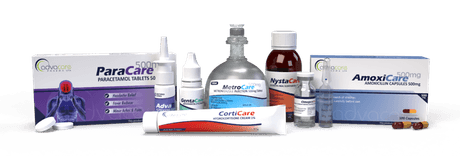What is the meaning of Anti-Inflammatory Medicine?
Anti-inflammatory medicine reduces inflammation and alleviates pain caused by inflammation. Anti-inflammatory medications can be used to treat a wide range of conditions, including arthritis, asthma, and skin conditions like eczema. They are also commonly used to treat fever and other infection-related symptoms.
Some anti-inflammation drugs work by blocking the production of certain enzymes in the body that are responsible for inflammation. Other treatments for inflammation reduction work by suppressing the immune system, lessening inflammation in the body this way.


